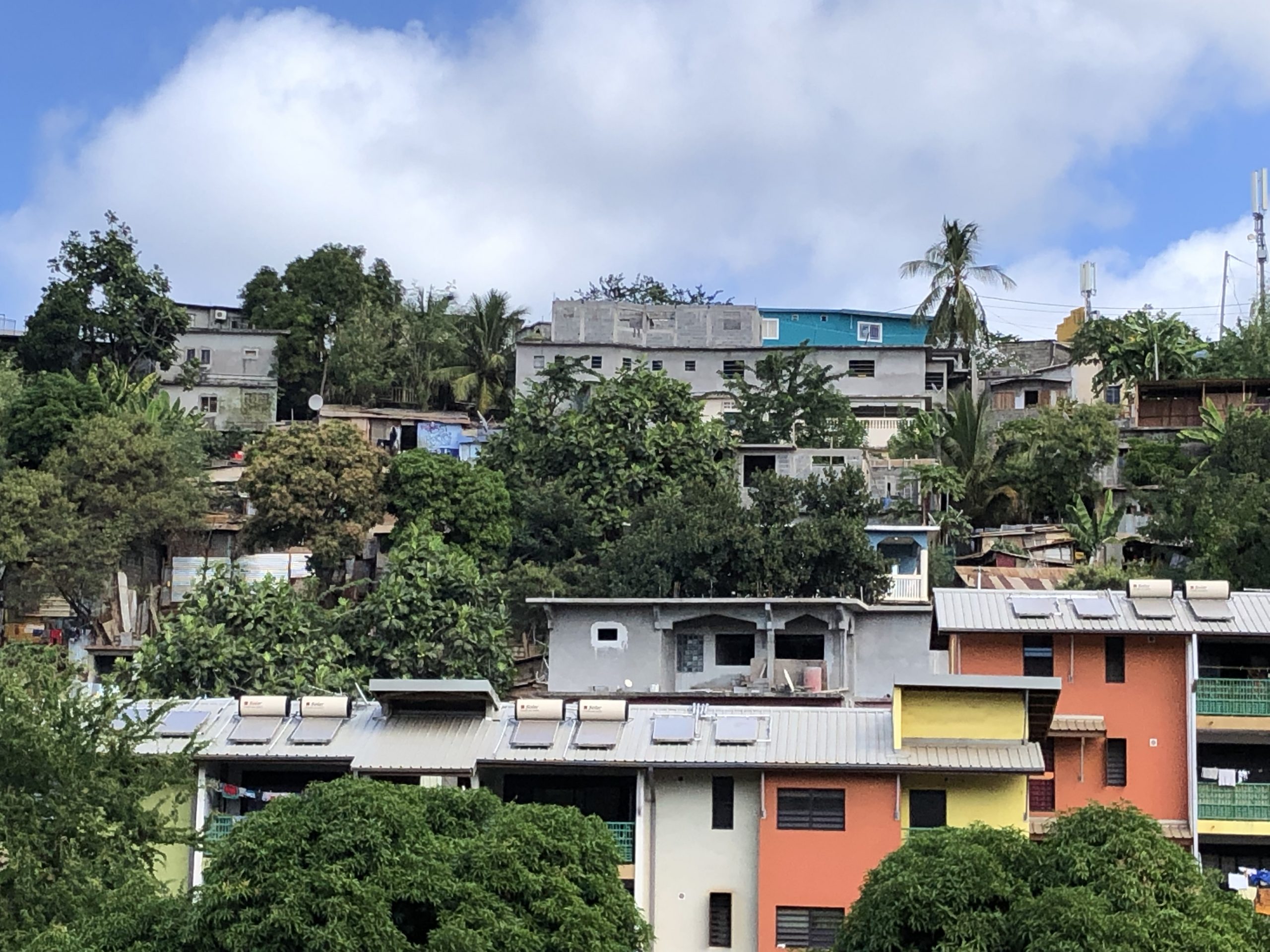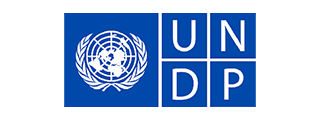
Author: Tidian Baerens, Hudara
People try to survive
My colleague Boris and I are in Mayotte, an island between north-eastern Mozambique and north-western Madagascar. As this is where the MAESHA project is taking place, we were seeking the people’s perspectives, what they think about renewable energies, how they would like to get involved in activities and solutions as well as to identify synergies with local partners. Some of those we meet react with enthusiasm, others are suspicious and make it clear that they have not had good experiences with past projects. When asked about the needs of the community, one of our partners answered dryly: “People try to survive.”
Welcome to the 101st department of France or echoes from colonialism
Geographically, Mayotte belongs to the Comoros. Due to its colonial history and a referendum in 2009, it is officially considered a department of France. These circumstances and the resulting social and cultural dynamics have a significant impact on life in Mayotte. On the surface, we are in a small paradise with some of the most beautiful flora and fauna. People with different cultural backgrounds from East Africa, Europe and the Arab world live together. Nevertheless, this unique and diverse society is confronted with enormous social, economic and ecological challenges: increasing economic inequality, high unemployment, environmental destruction, post-colonial tendencies and struggles for resources are part of everyday life. With a GDP comparable to Djibouti, the island is extremely poor, and yet by far the most prosperous region among its immediate neighbors. This has made Mayotte a major destination for illegal migration. It is estimated that about half of the 500 000 inhabitants have no valid legal status and are at constant risk of being deported. We hear many stories of unaccompanied children left behind by their parents in Mayotte in the hope for a better future. Illegal migration is only one reason for the blatant social disparities. While the divide between people of Mahorais, Malagasy and Comorian backgrounds is less visible to outsiders, it becomes strikingly obvious with regard to the small minority of predominantly white and secluded people who migrated from metropolitan France. These mostly work in well-paid professions, often times in administrative positions. In Mayotte, the colonial past reverberates, visible and invisible between the high walls of the compounds and the sheet metal houses.
This is how people currently deal with energy
Official statistics suggest that one out of three households have insufficient access to running water, usually without connection to the main energy grid. Ultimately, the local energy infrastructure suffers from a growing number of illegal connections and energy theft poses major challenges to the local grid operator. We heard an anecdote of recently installed and shortly after stolen solar streetlamps in almost every conversation. While this illustrates the reasons behind some people’s skepticism towards shared community solar panels, it also reveals the massive demand for energy in marginalized communities.
According to community representatives, the level of awareness for Renewable Energy Technology is generally quite low. For many, it is expensive and only for wealthy people. While the issue of climate change has gained much relevance in privileged circles, the topic is given much less importance to by communities who struggle to meet their basic needs. Talking to some committed citizens and staff of local organisations, it becomes clear how important it is for them to pay the utmost attention to social problems and people’s perspectives and priorities while combating energy poverty. Once again, we are confronted with the reality that any initiative for technological innovation should have this at its core, because renewable energy alone will not lead to a more equitable or inclusive society. Ultimately, existing power structures determine who reaps the benefits of technological and social change.
Promising insights for energy community
Our first impression is that there is a high potential for solar technology in residential areas, possibly in combination with social housing and resettlement programs set up by the municipalities. Our collaboration with local public actors is crucial to overcome various barriers to access such as financial constraints, lack of education, trust or other capacities. It could be a solution to the significant legal problems associated with informal settlements, enable disadvantaged people to reap the potential economic and social benefits of the innovative technologies and enable them to be at the forefront of the social and energy transition that the MAESHA project aims to bring about. We have only just started, but we are full of hope and determination to make a difference together with and for the people.












